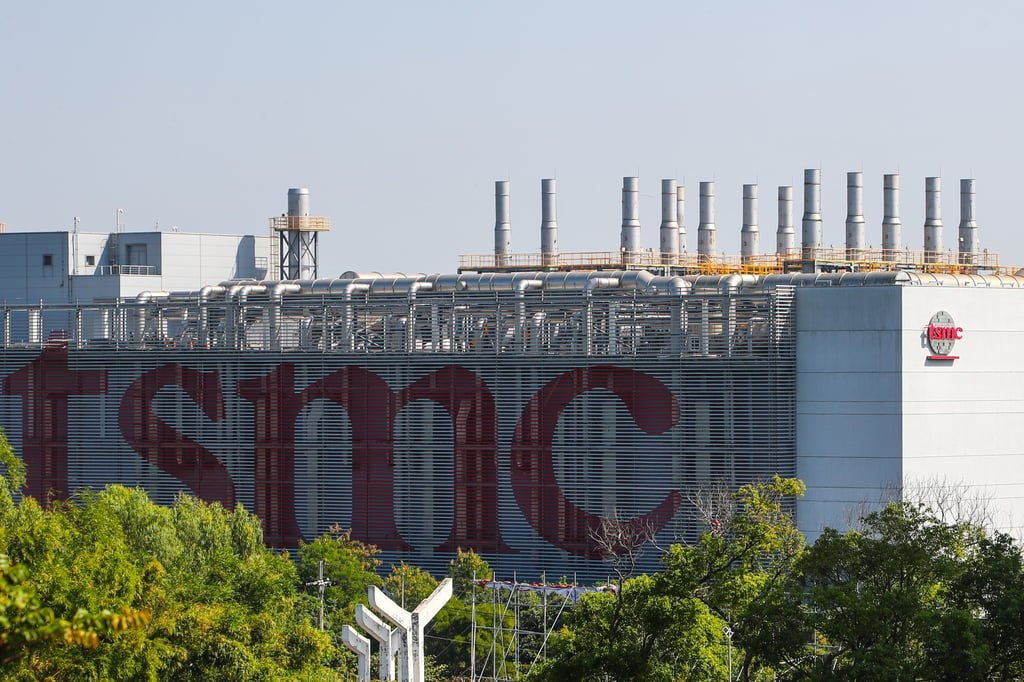Recent revelations highlight a potential loophole in US sanctions on China’s semiconductor industry. Arisa Liu from the Taiwan Institute of Economic Research noted that these sanctions seem less effective than intended. TSMC, a major chip manufacturer, suspended shipments to an unnamed customer after discovering one of its chips was found in a Huawei device. This incident raises questions about whether Huawei can access TSMC’s advanced technology, either directly or indirectly, suggesting that US export controls may not be fully effective. Although TSMC claims it hasn’t supplied Huawei since September 2020, the full extent of the relationships involved remains unclear, making it a significant issue for global semiconductor regulations.
Recent developments in the semiconductor industry highlight the challenges facing US sanctions against China. Arisa Liu, a research fellow at the Taiwan Institute of Economic Research, commented that these long-arm sanctions have proven to be ineffective. The situation escalated when TSMC, a leading chip manufacturer in Taiwan, paused shipments to an unnamed customer after discovering that a chip it supplied had ended up in a Huawei product. This incident raised concerns about potential breaches of US export controls.
TSMC clarified that it has not sold products to Huawei since September 2020, adhering to US regulations designed to inhibit Huawei’s access to advanced technology. Surprisingly, details surrounding the customer involved in this incident remain unclear, including the nature of its relationship with Huawei and the length of its dealings with TSMC.
Analysts are now questioning the effectiveness of US semiconductor restrictions as it seems Huawei might have indirectly gained access to TSMC’s technology. Additionally, reports from TechInsights regarding the situation have received little attention in Chinese media, although some foreign reports have been circulated on social media channels.
As these events unfold, the semiconductor sector will be closely monitored, and further clarity is needed regarding the dynamics between TSMC, Huawei, and the unnamed customer. The implications of these interactions could influence future policies and competitive landscapes in the global tech industry.
-
What does TSMC’s tech in Huawei’s AI chips mean?
TSMC has advanced technology that helps Huawei make powerful AI chips. This can improve Huawei’s products and make them more competitive. -
Why is there concern about the supply chain?
The supply chain is called ‘porous’ because there are worries that sensitive technology could leak or be accessed by others, especially due to regulations. -
How does this affect Huawei?
If there are issues with the supply chain, it could limit Huawei’s ability to produce and sell its AI chips, impacting its business. -
Are there any risks for TSMC?
Yes, if TSMC gets into trouble with regulations while working with Huawei, it could face legal challenges or lose business opportunities. - What can be done to address these concerns?
Both companies can improve their supply chain security and transparency to reduce risks and ensure they follow all regulations.






